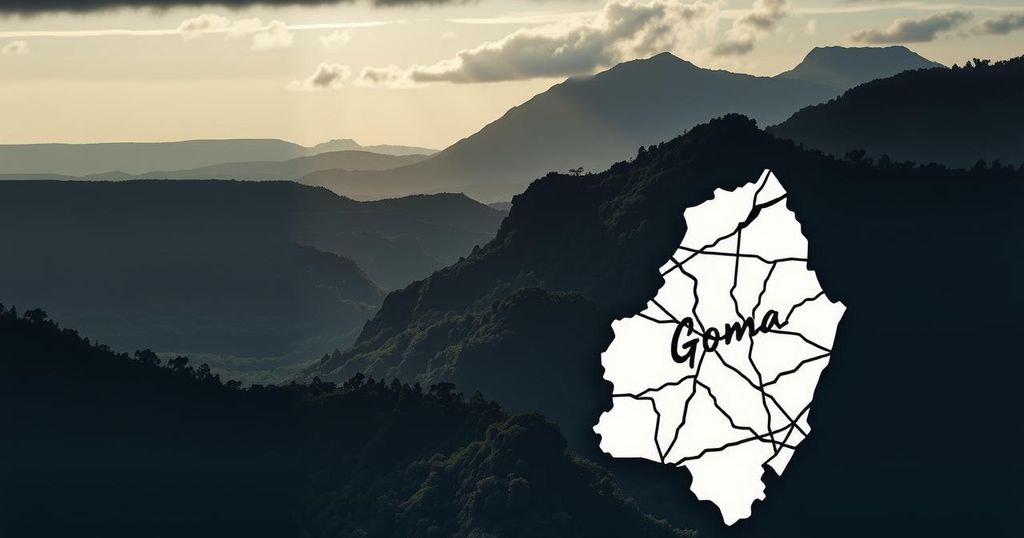The M23 rebels, supported by Rwanda, seized Goma on January 27, escalating conflict in eastern Democratic Republic of Congo. This follows their earlier capture of the city in 2012. The Congolese government has accused Rwanda of aggression, while international powers acknowledge the change. M23 demands the disarmament of Congolese troops.
On January 27, the M23 rebel militia, allegedly supported by Rwanda, captured Goma, a key city in eastern Democratic Republic of Congo. This marked a considerable escalation in ongoing conflicts in the region. Previously, M23 had taken Goma in 2012 but had remained largely inactive until now. The rebels proclaimed the city’s “liberation,” demanding that Congolese troops surrender their weapons to the United Nations. The United States and France have acknowledged this significant shift while the Congolese government has accused Rwanda of direct military involvement, labeling it a “declaration of war.”
The conflict in Eastern Congo, particularly in areas like Goma, has persisted for decades, largely fueled by political instability, ethnic tensions, and the struggle for control over valuable natural resources. The resurgence of the M23 group raises questions about regional security and international intervention, complicating an already fragile societal structure. Rwanda’s involvement has particularly escalated tensions, prompting accusations from the Congolese government and raising concerns among international observers regarding the broader implications of such conflicts in the region.
The capture of Goma by M23 rebels signifies a critical moment in the conflict dynamics of eastern Democratic Republic of Congo. It reflects not only the internal strife within the Congolese state but also highlights the complex regional relations, particularly regarding Rwanda. The situation necessitates urgent international attention and intervention to prevent further escalation and stabilize the region.
Original Source: m.economictimes.com






